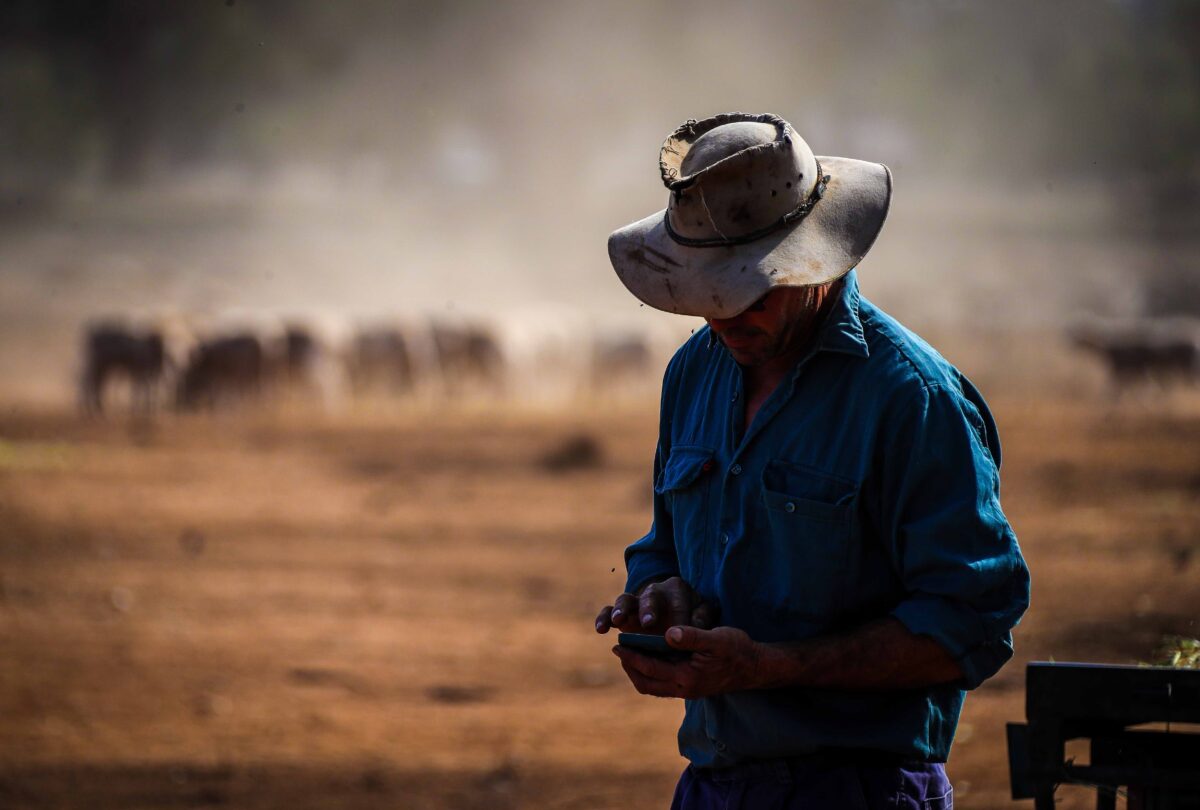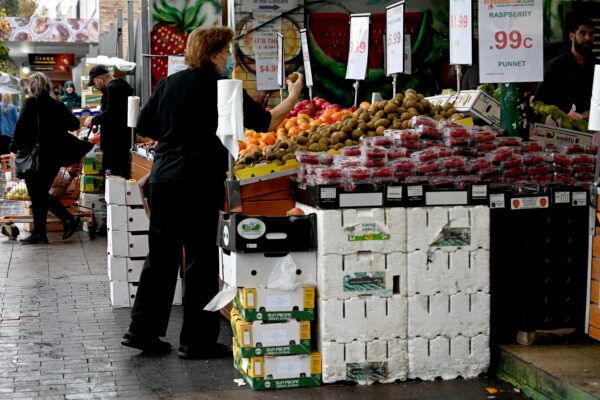


Farmers are warning the federal Labor government that its decision to ignore the sector and increase taxes on producers will force up the price of food, pushing the cost of living even higher.
This comes as the federal government announced in the budget that it will introduce a new 10 percent levy on all domestic agricultural, fisheries, and forestry producers to fund the cost of the new biosecurity system.
This means that farmers of beef (grass-fed) will now pay an extra 50 cents per head of cattle, while a prawn farmer will pay 67 cents per kilogram of whole-farmed prawns. An egg farmer will pay an extra 3.25 cents per bird, and a honey producer will pay just under 5 cents per kilogram.
A primary producer of cotton will now pay the government an extra 22.5 cents per 227 kilogram bale, a domestic apple producer will pay just under 19 cents per kilo of apples, and a forestry grower producing softwood will pay an extra 1.05 cents per cubic metre.
The Department of Agriculture, Fisheries and Forestry estimates (pdf) the changes will raise $350 million over the next two years if implemented on July 1.
National Farmers’ Federation (NFF) President, Fiona Simson, has said that the budget delivered on Tuesday did nothing to address rampant food price inflation, which they say is weighing on the minds of eight in 10 Australians.
“We know that Australians are feeling the pinch of their weekly shop. This budget ignores practical solutions that could have provided a double-whammy of price relief for households and a stronger, more vibrant agriculture sector,” Simson said.
“Right along the supply chain, the businesses which grow, process and transport our food and fibre are under immense pressure.
“Whether it’s workforce shortages, damaged roads, or the cost of capital upgrades—there are issues that need urgent attention if we want to achieve price relief for consumers.
“Sadly, tonight’s budget fails to act on these in any meaningful way.”
Simson also said that the federal government’s surprise raid on farmers’ hip pockets to help fund the increase in biosecurity funding was a bitter pill for the agriculture sector.
“The move to have farmers foot the bill is a bitter pill to swallow. We’re already significant financial contributors,” Simson said.
“What’s more, we bear the cost of managing historical pest and disease incursions and face the enormous threats posed by pests and diseases on our doorstep.”
She said the sector had been hoping that importers would also be contributing to the scheme, given they were the risk creators in the system.
“It’s extremely disappointing to have to continue waiting for a meaningful contribution from risk creators,” the NFF president said.
National Party leader David Littleproud echoed Simson’s sentiment on the biosecurity levy, saying it was unfathomable that the federal government would introduce what essentially would become a new food tax on Australians.
“It is unfathomable the Labor government would ask farmers to pay for the biosecurity costs of importers from other countries,” he said.
“The Coalition proposed a cost recovery model that importers would pay commensurate to the risk provided, rather than farmers, and the model was ready for implementation before the end of last year.”
Additionally, Littleproud said this increase will be compounded by the federal government’s decision to introduce a six percent levy on transport operators that would compound each year.
“That will add to grocery bills for families because transport companies can’t absorb that cost,” he said.

